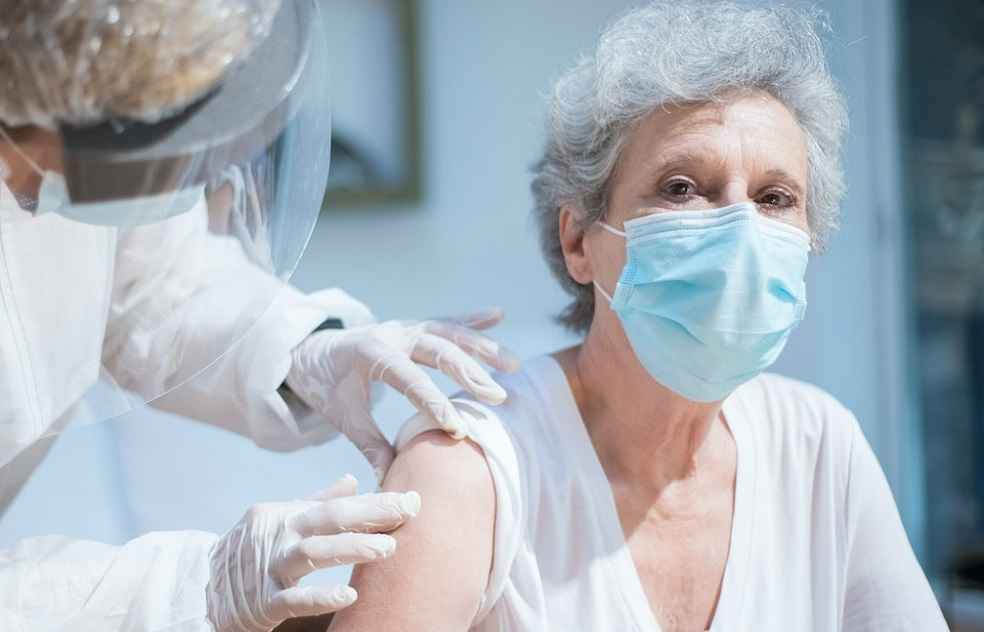China: Chinese government has announced that people with COVID-19 who have mild or no symptoms can quarantine at home. The move is considered as a significant shift towards living with the virus.
The directives released by China’s National Health Commission (NHC) also direct officials to stop launching temporary lockdowns. The NHC also stopped testing and health code requirements for “cross-regional migrants”, enabling much freer travel across China.
The new regulations also indicates that the government has abandoned its long-running zero-COVID policy.

According to the statement of National Health Mission, asymptomatic persons and mild cases can be isolated at home while strengthening health monitoring, and the patients can be transferred to designated hospitals for treatment in a timely manner if their condition worsens.
People with illness and their contacts, ranging from immediate family members to distant neighbours, were previously compelled to centralized quarantine facilities. The places ranging from residential buildings to whole cities could be locked down for days, weeks, or months.
Recently, some cities and regions have eased COVID related restrictions at a local level. The new rules are expected to create a national consistent response to the management of patients and contacts.
According to the order, local officials should no more arbitrarily expand quarantine areas, and are required to designate risk zones “more scientifically and accurately.” The places with high-risk must be opened up only after five days of no cases.

Negative PCR results and health codes are now only recommended for nursing homes, welfare homes, medical institutions, childcare institutions, and primary and secondary schools. Schools without outbreaks can function as normal.
Vaccinations of elderly people are also updated by ensuring the availability of medication and rapid tests, and enhancing protections of vulnerable groups.
The government has shifted focus from elimination of the virus to mitigating its effects due to the reduced severity of new variants such as Omicron.
The change in rules comes after a week of widespread protests against the zero-COVID policy.



